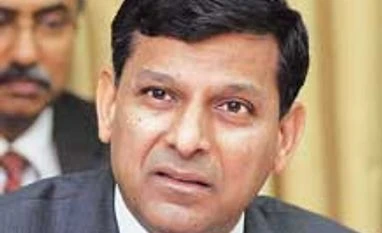"We are well-buffered with substantial reserves, though no country can be de-coupled from the international system," Rajan said at a conference organised by the Brookings Institution in Washington yesterday.
In the just-concluded financial year, the country's forex reserves crossed $300 billion-mark, the highest since December 2011.
More From This Section
For the week to March 28, the reserves rose by a whopping $5.038 billion to $303.673 billion, the second highest in the fiscal. During the period, foreign currency assets also jumped by $5.011 billion to $276.406 billion.
"My remarks are motivated by the desire for a more stable international system, a system that works equally for rich and poor, large and small, and not the specifics of our situation," Rajan said.
Talking about the unconventional policy in industrial countries, he said when monetary policy in large countries is extremely and unconventionally accommodative, capital flows into recipient countries tend to increase local leverage.
"This is not just due to the direct effect of cross-border banking flows but also the indirect effect, as the appreciating exchange rate and rising asset prices, especially of real estate, make it seem that borrowers have more equity than they really have," he said.
Exchange rate flexibility in recipient countries in these circumstances sometimes exacerbates booms rather than equilibrates, he added.
)